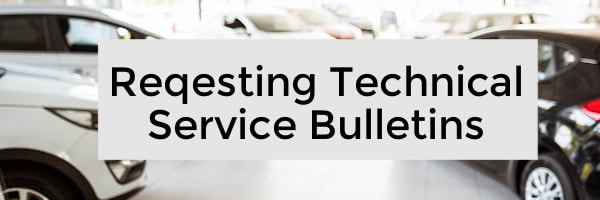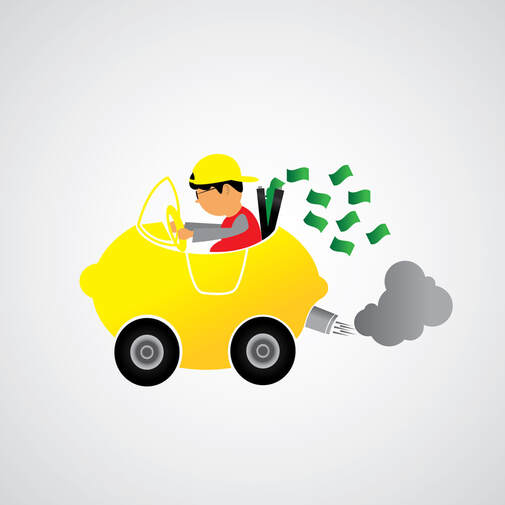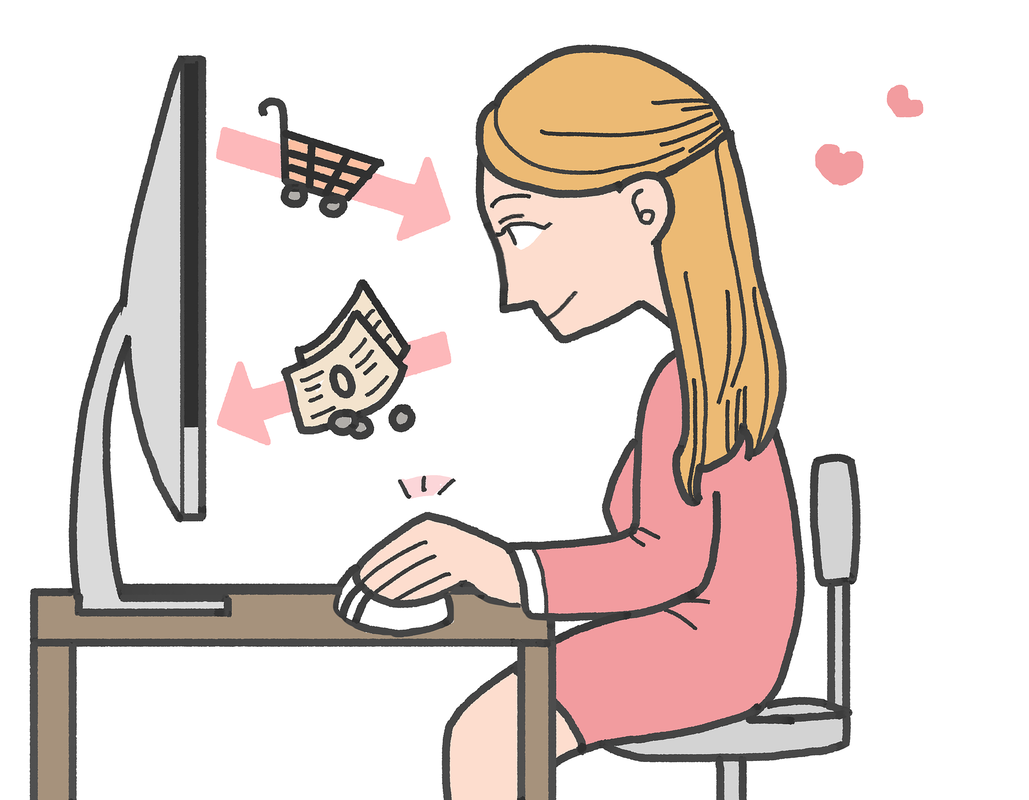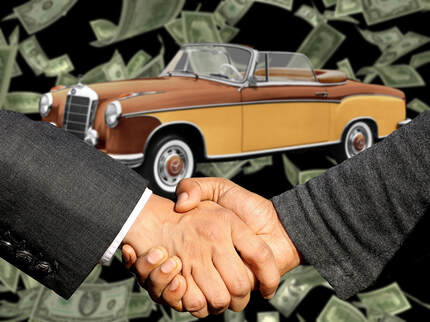A Closer Look at the Car Complaints
- Electrical System Failures: There have been 28 car complaints focused on the electrical system. Issues range from sudden loss of power to unexpected vehicle shutdowns, posing serious risks on the road.
- Dangerous Deceleration and Powertrain Problems: Owners have reported alarming deceleration incidents, where the vehicle abruptly slows down from highway speeds without the brakes being engaged and other powertrain issues.
- Safety System Malfunctions: Reports include the vehicle's advanced safety features, like the Super Cruise hands-free system, acting erratically. One owner even reported that their vehicle started swerving without any warning.








 RSS Feed
RSS Feed